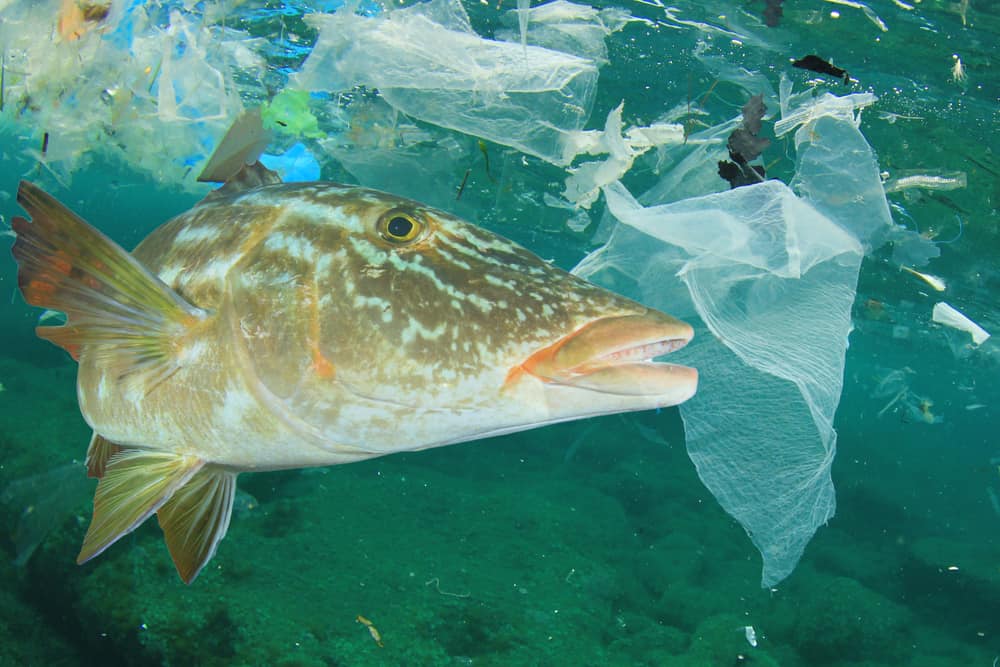We are producing more than 300 million tons of plastic. Each year, around 8 million tons of it ends up in our oceans. Unfortunately, our oceans are drowning in plastic.
An international fleet of cargo ships carries 5 to 6 million shipping containers across oceans at any given time. They transport about 90 percent of the world’s consumer goods. These containers are stuffed with all types of items, and most of the goods are at least partly made of plastic, or are wrapped in plastic packaging. Sometimes, what is being shipped is plastic itself.
According to The World Shipping Council, the shipping industry loses 10,000 containers a year at sea. This number is grossly excessive, and concurs with the statement of the National Cargo Bureau: “There have been no comprehensive statistics kept, as to the number of containers lost overboard.”
As I understood from Erica Cirino’s article at The Revelator, spilled goods are not usually cleaned up – with the exception of oil. There is no international rule delineating who is responsible for claiming consumer goods lost by cargo. As Mike A. Bajaj, a maritime attorney of counsel to Arthe Law in Delhi, India, says, “Currently, there are no international treaties or federal laws that effectively combat the problem of consumer goods spills from cargo ships.”

Today, plastics are the number-one type of trash found in the sea.
Ocean Conservancy, a nonprofit that organizes an annual coastal cleanup event in more than 150 countries worldwide, said plastic debris makes up around 85 percent of all the trash collected from beaches, waterways, and oceans. Worldwide, “single-use packaging is the biggest source of trash” found in or near bodies of water, said Ocean Conservancy’s Nick Mallos. In 2015, volunteers in the group’s International Coastal Cleanup event collected almost 1 million plastic beverage bottles, 800,000 plastic bottle caps, and about half a million each of plastic bags and drinking straws — all in just a single day.

Plastic pollution doesn’t just hurt marine species. It is also harmful to people.
As plastic debris floats in seawater, it absorbs dangerous pollutants like PCBs, DDT, and PAH. These chemicals are highly toxic, and have a wide range of chronic effects, including endocrine disruption and cancer-causing mutations. Scientists fear that chemicals in plastics and those which attach themselves to plastic in their natural environment could cause poisoning, infertility, and genetic disruption in marine life, and potentially in humans, if ingested in high quantities.
More than a quarter of all fish now contain plastic, according to a recent study which analyzed the guts of fish sold at markets in Indonesia and California.
I highly recommend you watch the 2016 documentary “A Plastic Ocean,” directed by Craig Leeson. The Ocean Plastic Foundation is creating a global movement that encourages all to rethink plastic.




